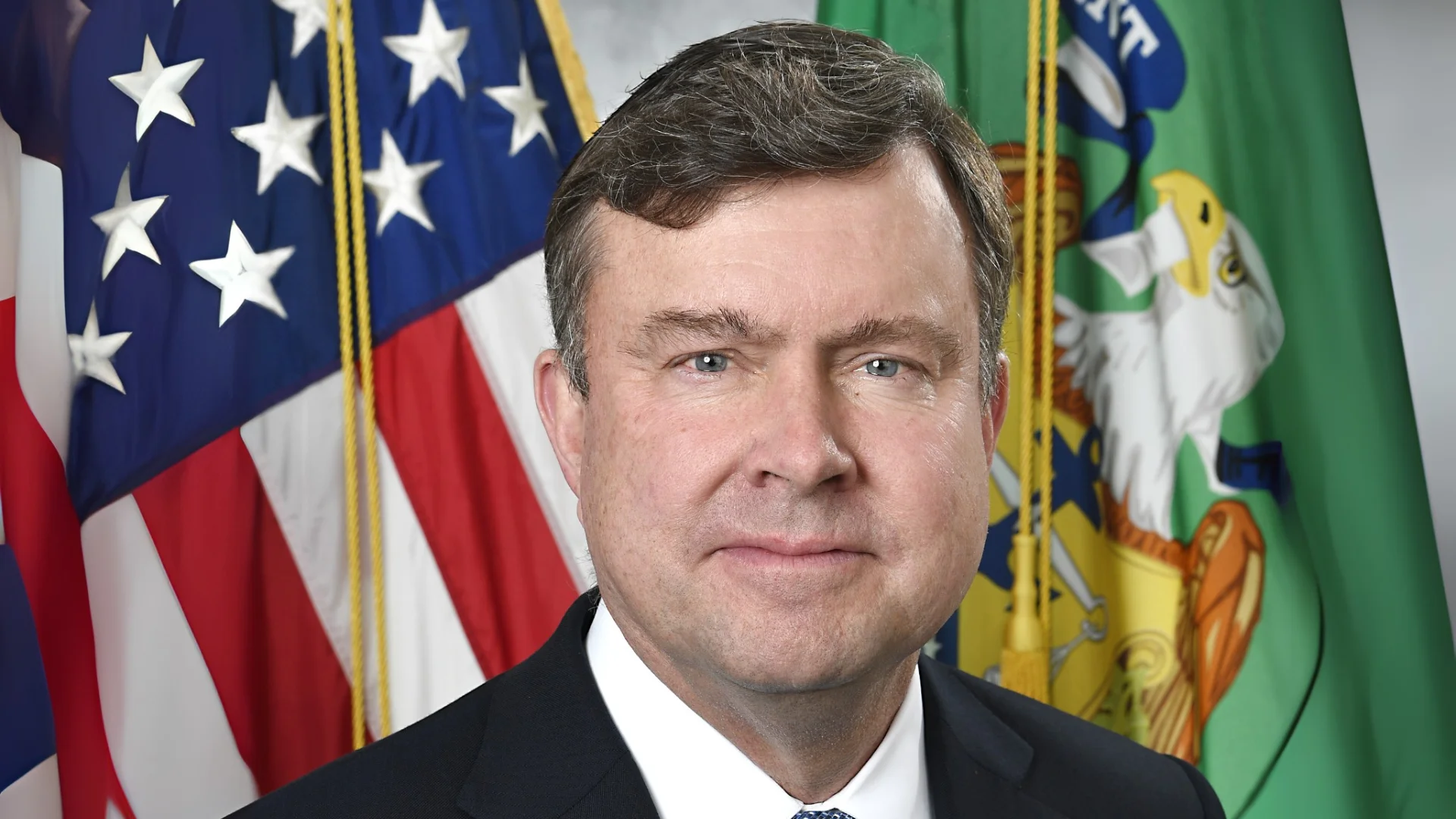The U.S. Department of the Treasury’s Office of Foreign Assets Control (OFAC) has announced new sanctions targeting individuals and entities linked to Iran’s military financial networks. The action focuses on Iranian financial facilitators and more than a dozen individuals and companies based in Hong Kong and the United Arab Emirates (UAE). These parties are accused of coordinating fund transfers, including proceeds from Iranian oil sales, that benefit the Islamic Revolutionary Guard Corps-Qods Force (IRGC-QF) and Iran’s Ministry of Defense and Armed Forces Logistics (MODAFL).
According to the Treasury, these “shadow banking” networks use overseas front companies and cryptocurrency to move money through the international financial system while evading sanctions. The IRGC-QF and MODAFL reportedly use these funds to support regional proxy groups and develop advanced weapons systems such as ballistic missiles and unmanned aerial vehicles.
“Iranian entities rely on shadow banking networks to evade sanctions and move millions through the international financial system,” said Under Secretary of the Treasury for Terrorism and Financial Intelligence John K. Hurley. “Under President Trump’s leadership, we will continue to disrupt these key financial streams that fund Iran’s weapons programs and malign activities in the Middle East and beyond.”
The designations were made under Executive Order 13224, as amended, which is aimed at disrupting terrorist financing. This marks the second round of sanctions against Iran’s shadow banking infrastructure since National Security Presidential Memorandum 2 was issued, directing a campaign of maximum pressure on Iran.
Among those designated are Iranian nationals Alireza Derakhshan and Arash Estaki Alivand, who allegedly facilitated over $100 million in cryptocurrency purchases related to oil sales for the Iranian government between 2023 and 2025. The Treasury says they used a network of front companies across several countries for these transactions.
Alivand is also identified as an oil broker for Syria-based Al-Qatirji Company, which partners with IRGC-QF in selling Iranian oil. In addition, he reportedly coordinated payments with Hizballah-associated money changer Tawfiq Muhammad Sa’id al-Law for commodity sales tied to IRGC-QF.
Other individuals named include Vahid Derakhshan and Leila Karimi, who are involved in multiple UAE- and Hong Kong-based companies accused of facilitating illicit funds flows on behalf of MODAFL and IRGC-related entities. The companies collectively handle hundreds of millions of dollars in transactions according to OFAC.
As a result of these designations, all property or interests belonging to listed persons within U.S. jurisdiction are blocked. Entities owned 50 percent or more by one or more blocked persons are also subject to blocking measures. U.S. persons are generally prohibited from conducting transactions involving any property or interests connected with those designated unless authorized by OFAC.
Violations may lead to civil or criminal penalties for both U.S. citizens and foreign nationals involved in prohibited activities. OFAC warns that foreign financial institutions could face secondary sanctions if they knowingly facilitate significant transactions for designated persons.
OFAC states that its sanctions aim not only at punishment but at encouraging changes in behavior among targeted parties. Guidance is available for those seeking removal from sanction lists via petitions submitted according to established procedures.
For further details about today’s designations, additional information can be found at https://home.treasury.gov/news/press-releases/jy2345.





